Our On-Site Instruction Professional Learning
Establish innovative instructional strategies and teaching methods to effectively engage, empower, and motivate all students to succeed. Through our resources and services, we can help you develop and implement high-yield instructional strategies, tools, and best practices that lead to thriving classrooms for all learners—including differentiated instruction for special education students, English learners, and high-achieving individuals.
Your Goal
Building Your Skills
One‑Day Services
Keynote
A keynote supports and motivates your teachers to use best practices and new research related to classroom instruction. Solution Tree authors and associates are available and capable to customize their work for your needs.
Implementing Culturally Responsive Instruction
Support underserved students using culturally and linguistically responsive teaching strategies across content areas and grade levels.
- Examine techniques for culturally and linguistically responsive teaching.
- Access sample activities that can be used in classrooms immediately.
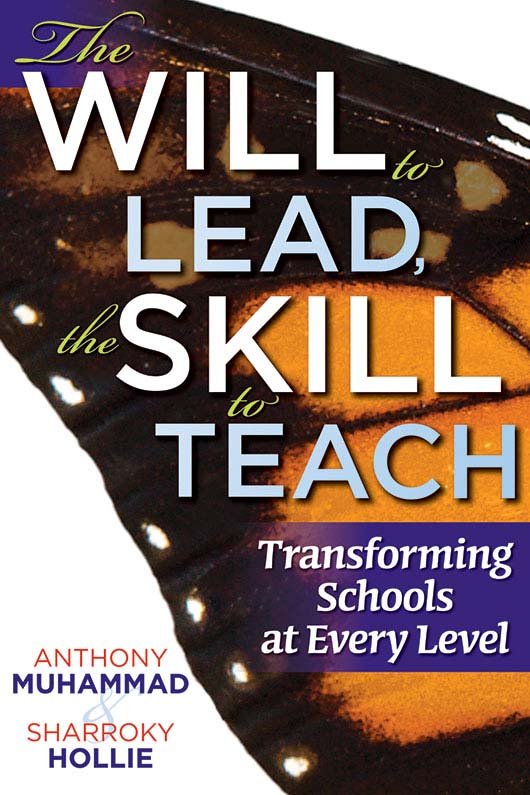
Recommended Resource
The Literacy Triangle: High Impact Strategies to Accelerate Learning Using Reading, Discussing, and Writing
Today’s educators face any number of challenges when trying to satisfy their students’ literacy needs, including heated debates within the profession on best practices. Authors LeAnn Nickelsen and Melissa Dickson examine today’s literacy wars by combining educational neuroscience, the formative assessment process, and differentiation to create The Literacy Triangle, a three-sided model incorporating reading, discussing, and writing tools.
Compatible with nearly any reading curriculum and subject area, this session's user-friendly tools are designed to help transform students into active learners and independent thinkers. During this one-day workshop, you will get high-impact tools to help you:
- Strengthen students’ comprehension of challenging texts (Reading)
- Deepen student discourse (Discussing)
- Build writing fluency across the curriculum (Writing)
Cultivating Student Agency and Independence
Educators in any grade level or content area will learn the essential tools needed to help students take ownership of their learning. Support your students as they build their metacognitive skills, motivation to learn, ability to regulate their emotions, and strategies for problem solving.
- Learn 12 core metacognitive skills that will help students to become self-regulated autonomous learners.
- Utilize targeted techniques to help your students develop the mindset and resilience they need to stay motivated.
- Implement strategies for mindfulness and emotional regulation to help students reflect on behavior and make positive changes.
- Discover ways to strengthen executive functioning skills and help students stay focused, organized, and on track.
- Equip students with the problem-solving and creative thinking strategies they need to become more independent learners.
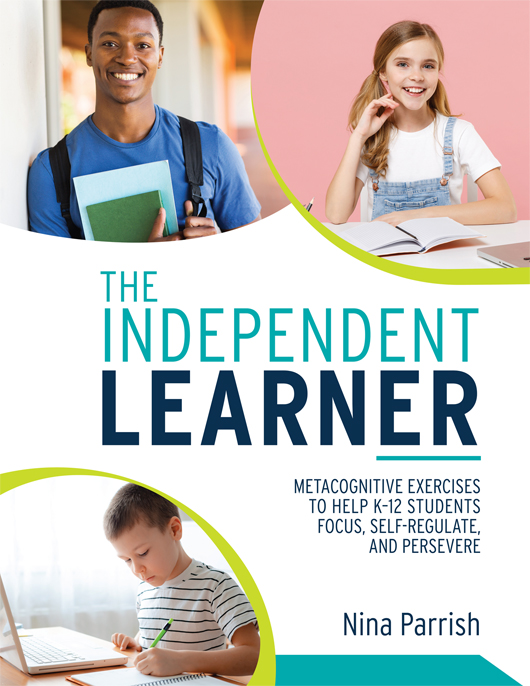
Recommended Resource
Shift Students to the Center of the Learning Experience
The transition from traditional teacher-led learning to student-centered blended learning can be daunting, so education leaders must have a clear vision. This impactful session will explore the why, how, and what of blended learning so leaders can communicate the value of this shift to teachers, students, and parents.
- Why: Articulate the why, or value, of blended learning
- How: Explore blended learning models to understand how they work and what teaching and learning will look like in classrooms
- What: Identify “pillars of learning” and create a blended learning rubric that allows leaders and coaches to provide uniform feedback about progress toward teaching and learning goals
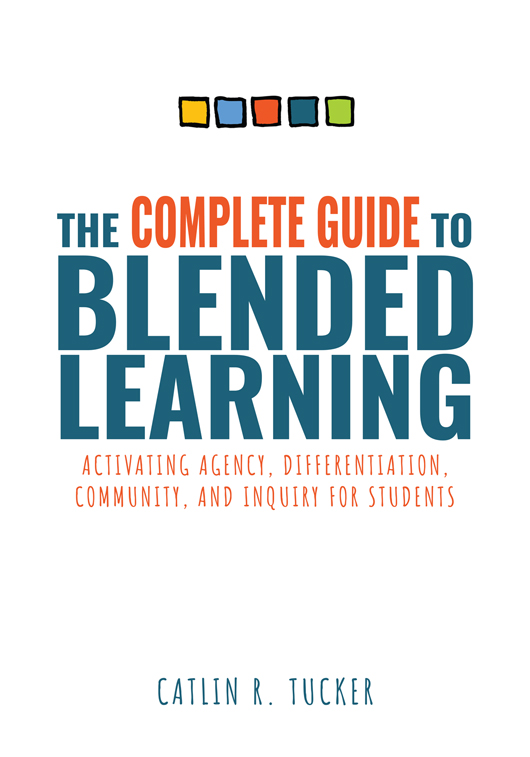
Recommended Resource
Increase Retention, Application, and Transfer
Improve curriculum and student achievement by implementing the most effective and efficient instructional techniques. Educators in all grade levels and subjects will benefit from learning how learning occurs and how to use brain-based teaching techniques.
- Learn how the brain changes and how learning occurs in response to instruction techniques.
- Discover three desirable difficulties that decades of research have shown to be some of the most effective instructional techniques.
- Create ways to implement the techniques in the classroom.
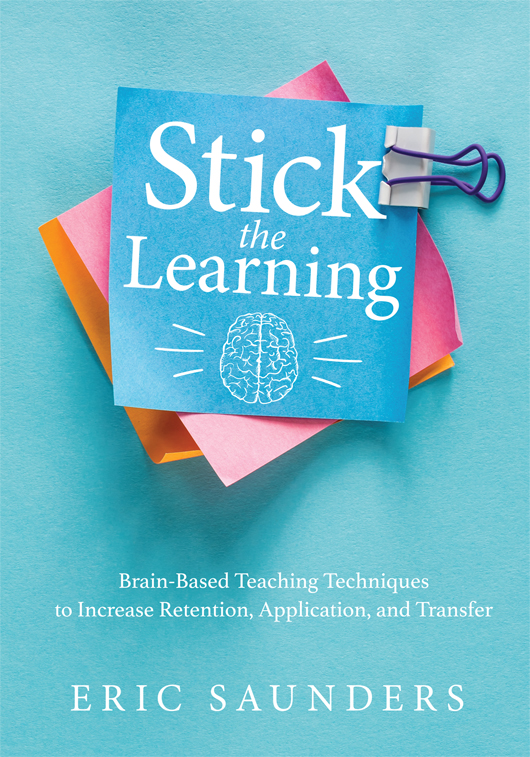
Recommended Resource
What STEM Can Do for Your Classroom
Geared toward all elementary school teachers, this session focuses on practical, research-based strategies and methods to implement STEM in the classroom. Get the information and context you need to make informed decisions about implementing STEM.
This workshop will help K–6 educators:
- Define and provide examples of integrated STEM learning
- Identify the importance of starting STEM early
- Understand the benefits of approaching all students as STEM learners
- Share ways to foster student engagement, collaboration, and choice in their STEM classrooms
- Identify how to create a classroom environment where students view failure as a goal
- Apply principles of guided discovery learning
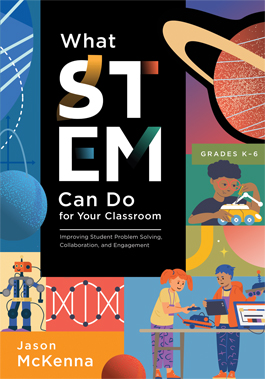
Recommended Resource
Refine and Energize Your MTSS: Improve Processes, Implementation, and Effectiveness
Examine and improve the multitiered system of supports in your school or district through The Road to Success With MTSS professional learning supports. Expert practitioners in the field will guide your teams through a critical review of your existing MTSS elements and design an updated plan that adds to and strengthens your systems of academic and behavioral supports that benefit all students.
This workshop will help K–6 educators:
- Analyze the comprehensiveness and effectiveness of your current MTSS efforts in relation to the researched-based elements of MTSS and in relation to district and school data.
- Identify gaps that need to be filled and elements that need to be refined.
- Design and prepare to implement a new and improved plan that supports all educators and students.
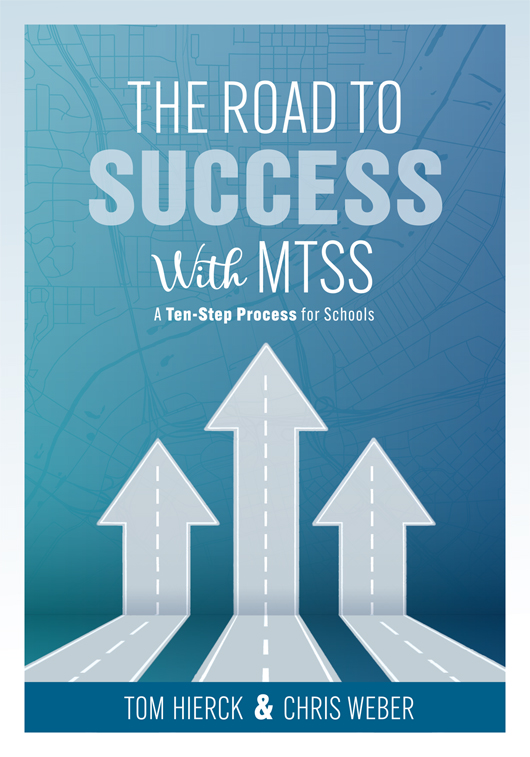
Recommended Resource
Making the Most of Your Read Aloud: Planning Content-Area Read Alouds in K–8 Classrooms
With an extensive research basis highlighting their cognitive, socioemotional, linguistic, and even physiological benefits, read alouds are a key element in building students’ language comprehension. Yet, statistics show that 50–70 percent of elementary teachers do not devote intentional planning time for their read alouds (McCaffrey and Hisrich 2017). In this workshop, experts highlight effective read-alouds as complex instructional interactions that require thoughtful preparation and deep understanding of a text. Discover how to plan and implement read alouds optimized to support all learners.
This workshop will help K–8 teachers:
- Embrace a daily read aloud as essential for all children—all grade levels, content areas, and genres
- Identify the role of read alouds in the science of reading
- Understand an easy applicable protocol for planning effective read alouds across content areas: evaluate, explain, engage, and extend
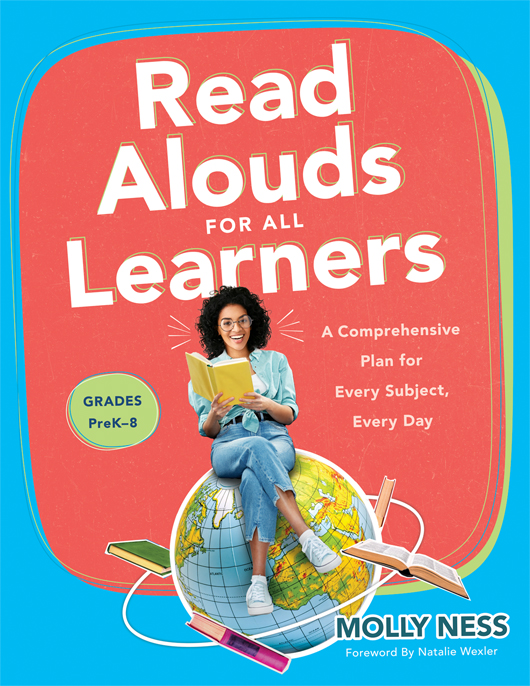
Recommended Resource
Move to Learn: Instructional Strategies to Amplify Student Engagement through Movement
Incorporating student movement while learning can amplify students’ focus and interest in the learning process. During this workshop, participants discover instructional strategies that use movement to engage students in learning. Explore ways to immediately integrate these effective techniques in the classroom.
This workshop will help K–12 educators:
- Gain practical, research-backed strategies that get students moving and maximize engagement
- Identify opportunities to incorporate movement utilizing classroom design, class climate, and classroom management
- Create plans to immediately implement movement strategies that boost cognitive engagement and achievement
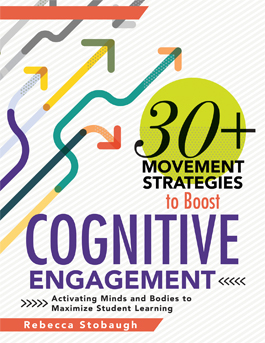
Recommended Resource
The FRAME Model for Optimizing Student Success
With this results-oriented approach, learn how to create a meaningful and motivating learning experience across grade levels and content areas. Rely on the model’s five steps—(1) focus, (2) reach, (3) ask, (4) model, and (5) encourage—to help you launch engaging lessons, articulate clear expectations, and offer effective feedback.
This workshop will help educators:
- Explore how the FRAME model supports teachers in planning and delivering a meaningful learning experience to every student
- Discover strategies for engaging students within the first ten minutes of class and carrying this motivation throughout the lesson
- Understand how encouraging peer observations and feedback among teachers will improve instructional practice
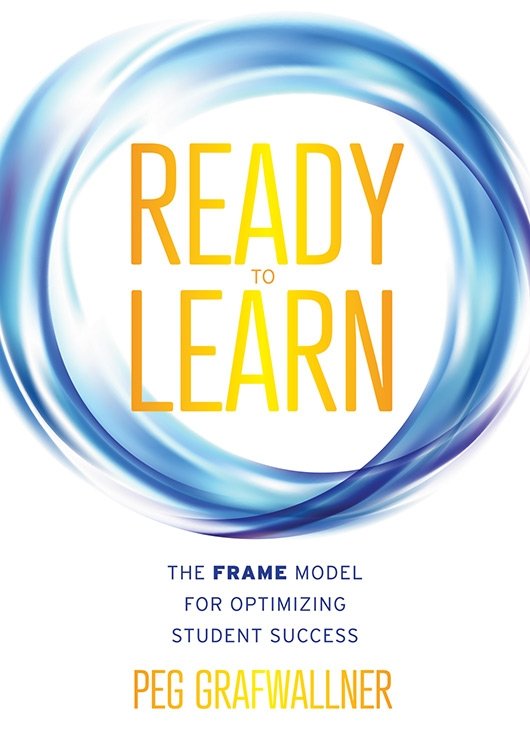
Recommended Resource
Agents to Agency
Discover a proven, measurable, and transparent framework for cultivating learner agency from kindergarten to postsecondary education. In recent years, there has been a growing recognition of the importance of agency in schools, showing that when students have agency over their learning, they are more engaged, motivated, and successful.
In this service, educators will discover effective solutions for fostering agency across diverse needs and educational levels.
- Extract the essential understandings, critical concepts and individual perspectives from the curriculum to identify learning intentions and achievement standards.
- Employ destinations, milestones and footsteps for learners to engage in goal-setting, self-efficacy and self-determination.
- Identify progressive points of withdrawal to effortlessly shift responsibility to the learners.
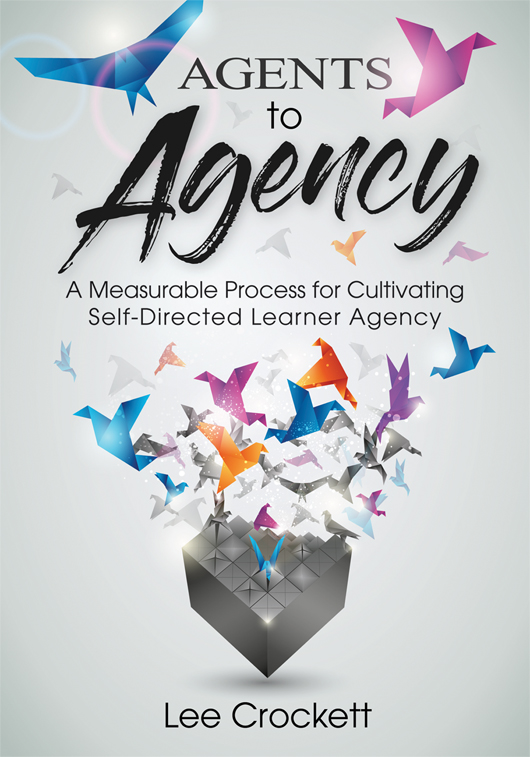
Recommended Resource
You're A Teacher Now! What's Next?
Learn to be a highly effective teacher, and remember why you love what you do! This highly engaging workshop delivers immediately implementable tools and strategies that new teachers (and any teacher who needs a brushup) can use to command the classroom with confidence and poise.
- Gain strategies to manage your classroom and behavior issues effectively so you stress less and teach more.
- Build relationships with students, families, and colleagues so everyone thrives.
- Create and deliver lessons that are highly engaging and hold students' interests.
- Learn strategies to stay mentally, emotionally, and physically healthy and build a long-term career as an educator.
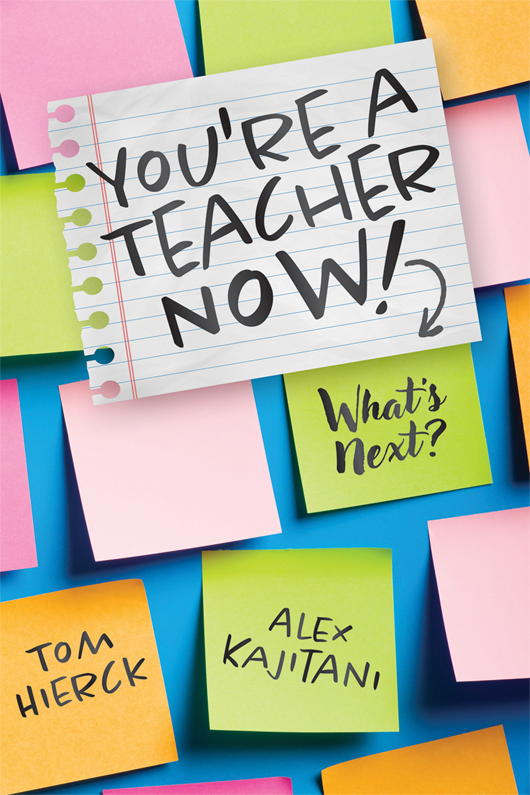
Recommended Resource
Successful Substitute Workshop
Empower your substitutes or new teachers to lead their classrooms with high engagement and a focus on learning.
- Gain valuable information and practical ideas on how to best handle challenging student behavior.
- Maximize engaging teaching strategies to increase student interest and improve participation.
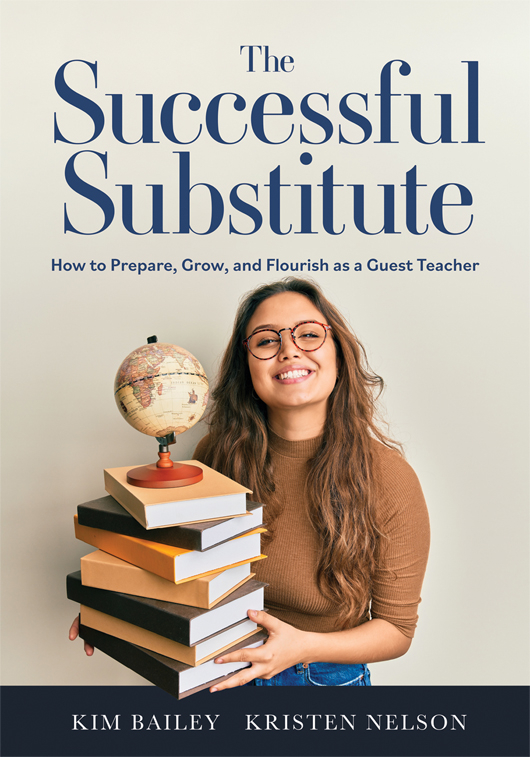
Recommended Resource
Refresh Your Pedagogy
Energize the elements of high-quality instruction without huge investment of time or resources. Drawn from the title Teach Brilliantly: Small Shifts That Lead to Big Gains in Student Learning by James A. Nottingham, this impactful service will provide new insights into effective practice with a wealth of practical strategies applicable in every educational context.
- Identify small tweaks in day-to-day instruction that all educators can make to ensure every student has access to high-quality and rich learning and teaching experiences.
- Learn about practical, user-friendly, I-can-use-this-tomorrow ideas and strategies that will leave you wondering, ‘"Why didn’t I think of that already?"’
- Explore a wealth of topics, including boosting engagement, understanding impact, upgrading questioning strategies, deepening student understanding, creating optimal levels of challenge, teaching students to use feedback more effectively, strengthening growth mindsets, building self- and collective efficacy and boosting equity.
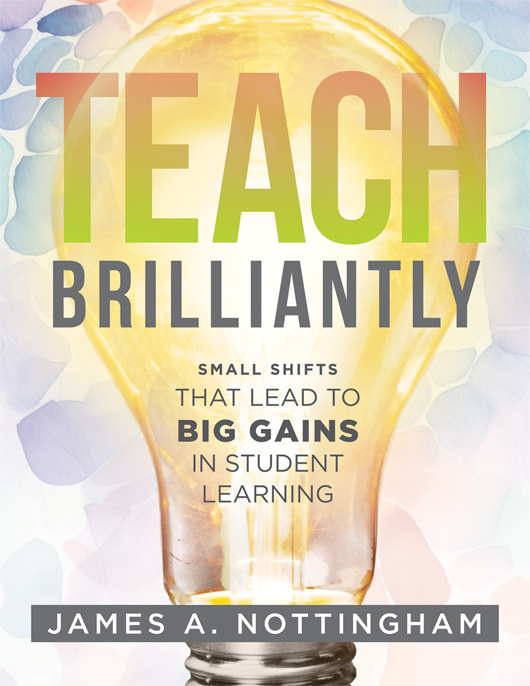
Recommended Resource
Inquiring Minds Want to Learn
Learn how to phrase and pose good questions that will “hook” students’ curiosity and guide them along four different pathways to inquiry: Foundational, Understanding, Deep, and Expertise.
- Pose good questions to activate, advance, assess, and augment student learning.
- Plan and provide inquiry-based teaching and learning experiences.
- Use generative artificial intelligence to come up with good questions.
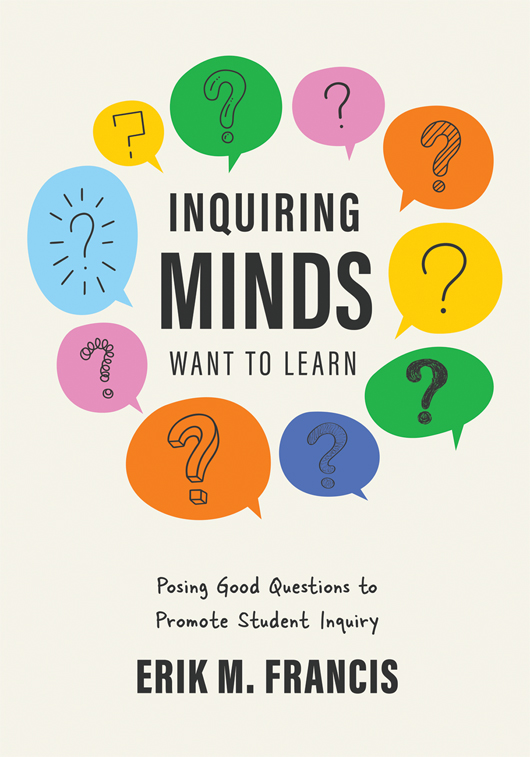
Recommended Resource
Your Goal
Deepening Your Skills
Two‑to‑Four‑Day Services
Daily Differentiation Strategies for the Classroom
Discover how to determine students’ learning needs and help them reach their fullest potential.
- Explore various lesson plans and activities.
- Unite curriculum design, assessment, and instruction through the lens of differentiation.

Recommended Resource
Motivating Students
Motivate students who are disengaged in the learning process. Explore a range of strategies for connecting with these students, developing their competence, and creating a fun learning environment.
- Access proven strategies for engaging students.
- Explore the impact of positive reinforcement and feedback.
The New Art and Science of Teaching
Discover a framework for substantive change that comprehensively addresses the most alterable effect on student achievement: instruction.
- Utilize ten design questions and a general framework that will help determine which classroom strategies you should use to foster student learning.
- Analyze the behavioral evidence that proves the chosen instructional strategies are helping learners achieve academic success.
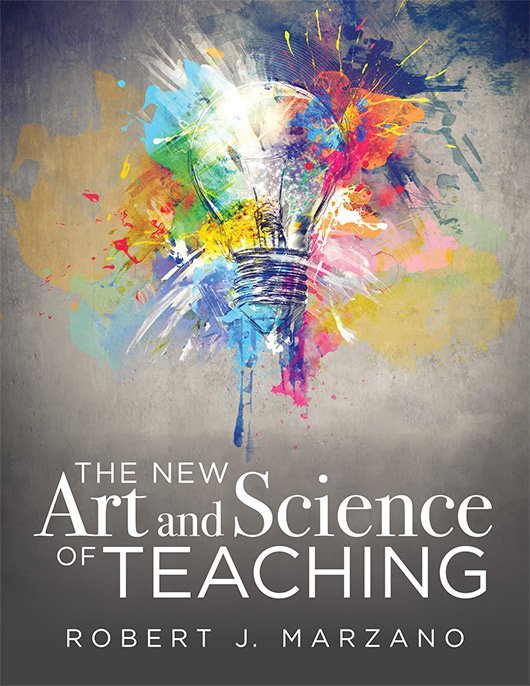
Recommended Resource
Succeeding as a Beginning Teacher
Designed for teachers in the early stages of their careers, as well as mentors, coaches, and supervisors, this two-day training identifies six phases every beginning teacher goes through, offering crucial advice and strategies for each.
- Explore the six phases of beginning teachers—(1) anticipation, (2) survival, (3) disillusionment, (4) rejuvenation, (5) reflection, and (6) second anticipation.
- Understand the feelings and challenges associated with each phase.
- Discover practical strategies for instruction, classroom management, and relationship-building.
- Learn how to practice self-care to avoid early career burnout that so often leads to teachers changing careers.
- Develop a plan for decreasing stress and increasing student achievement.
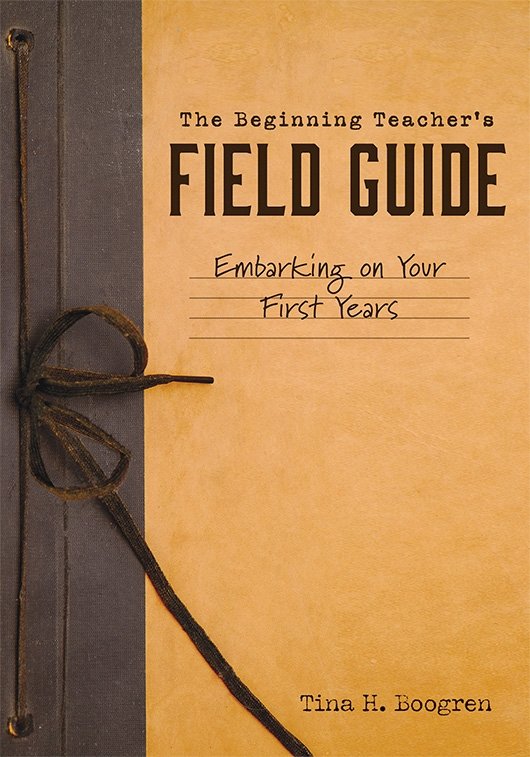
Recommended Resource
Establishing a Learning Culture
Lead your school to success with key strategies and practices that establish a learning culture, such as creating an inclusive environment and inspiring teachers to become leaders.
- Explore the four principles of systems thinking—relationships, communication, responsiveness, and sustainability.
- Study the critical characteristics of unstoppable learning leadership.
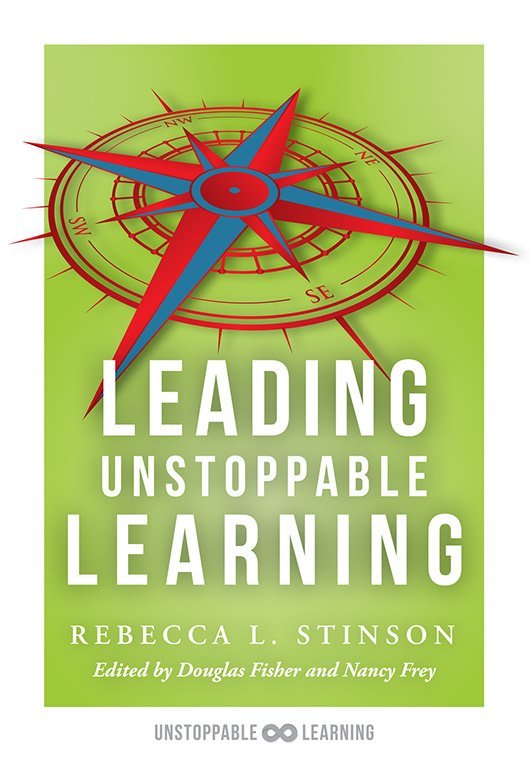
Recommended Resource
Adapting Instruction for Diverse Populations
Provide effective differentiated instruction to students with varying needs, from disabilities to twice-exceptionality.
- Learn how to adjust curriculum in ways that maintain appropriate levels of rigor for all students.
- Consider the importance of collaboration and communication in learning adaptations.
- Explore a plethora of high-tech and low-tech accommodations for student input and output.
- Examine graphical and content assessment changes for maximum accessibility.
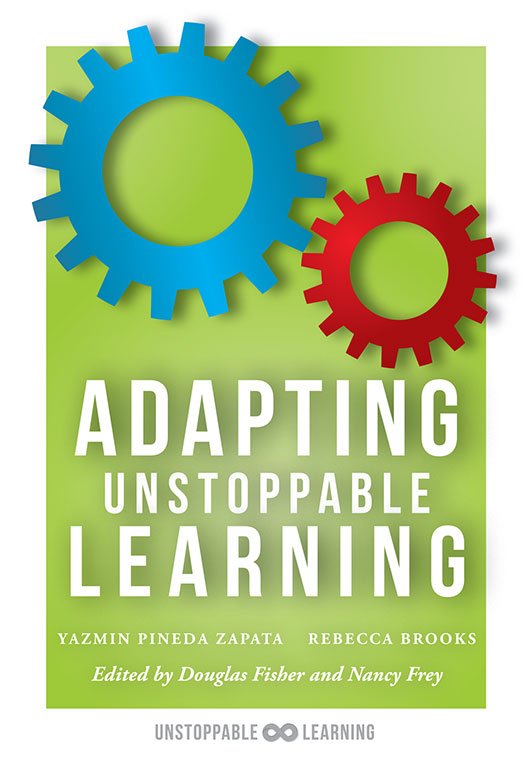
Recommended Resource
Supporting Classroom Growth Mindsets and Increasing Learner Autonomy
Cultivate meaningful student engagement by understanding the theories and teaching strategies of learner autonomy, motivation, self-determination, and participation in the classroom.
- Become familiar with the different student engagement mindsets and gain classroom instructional strategies that help establish a growth mindset for all students.
- Consider differentiated instruction and classroom scenarios that increase participation and boost intrinsic motivation for students.
- Boost students’ competency and independence to help deepen their learning by tapping into student engagement strategies designed to consolidate their thinking.
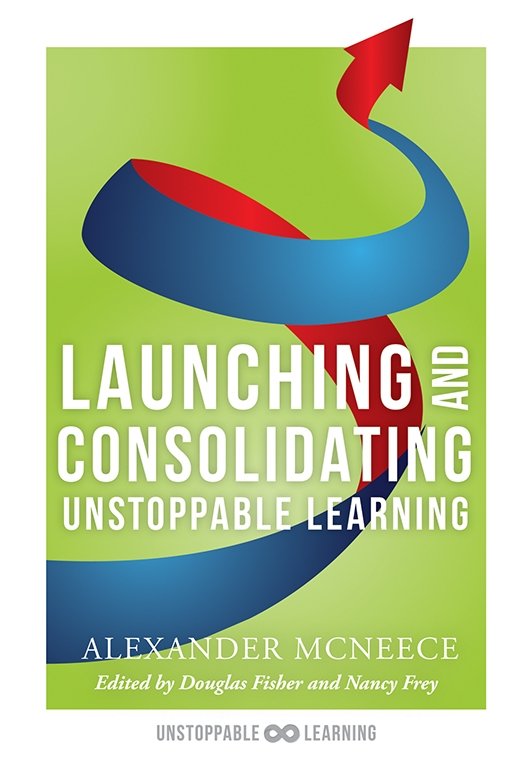
Recommended Resource
The New Art and Science of Teaching Art and Music
Ensure your art and music programs thrive with music- and arts-based teaching strategies built upon the research-based framework of Dr. Robert J. Marzano’s New Art and Science of Teaching. Educators will learn how to enhance their daily practices and promote the artistic expression, creative growth, and critical thinking skills of every student.
- Explore a model for strengthening instructional strategies for art and music.
- Understand which elements of instruction are best suited to teaching art and music and prioritize the specific suggestions and techniques for implementing these elements.
- Discover time-tested strategies and ideas to improve teaching and learning in art and music classrooms.
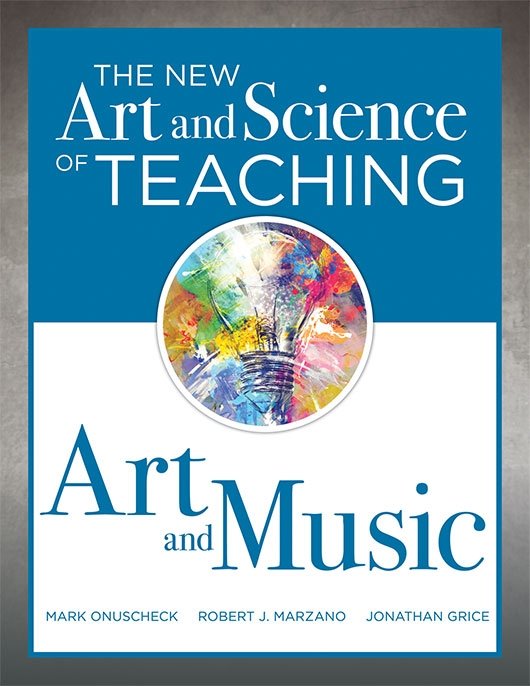
Recommended Resource
The New Art and Science of Teaching Mathematics
Make the most of The New Art and Science of Teaching model in math classrooms. Discover tools and instructional strategies for math that will aid teachers in articulating learning targets, conducting math lessons, tracking students’ learning outcomes, and more.
- Explore how The New Art and Science of Teaching framework can optimize instruction methods and establish best practices in teaching mathematics.
- Discover a four-step process designed to help math teachers deepen their expertise of math teaching strategies.
- Articulate learning targets and conduct math lessons to engage students, track progress, and celebrate successes.
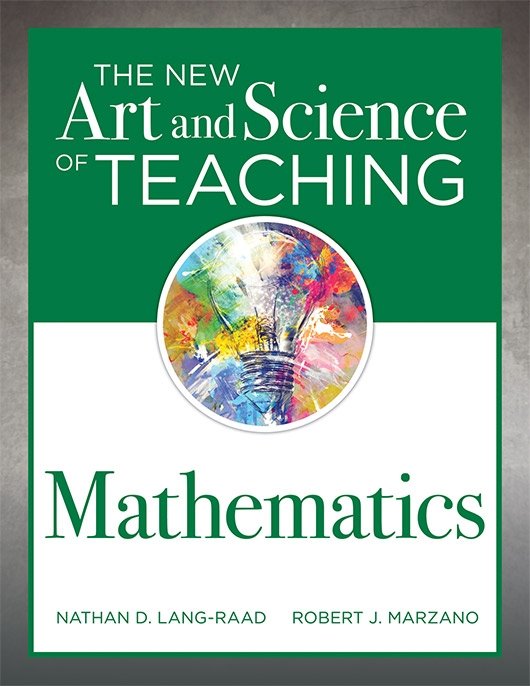
Recommended Resource
Brain-Friendly Teaching Strategies
Implement a four-step instructional cycle based on the synthesis of educational neuroscience, formative assessment, and differentiated instruction. As teachers are able to gradually release learning to students, these high-impact strategies, tools, and concepts have the power to double the speed of their learning and transform students into active learners and independent thinkers.
- Examine effective teaching strategies and differentiation practices so you can adjust instruction according to student needs.
- Consider the four-step instructional cycle and understand the components of chunk, chew, check, and change.
- Learn how to plan instruction and preassess efficiently so that daily learning targets and formative assessments enable each student to meet standards.
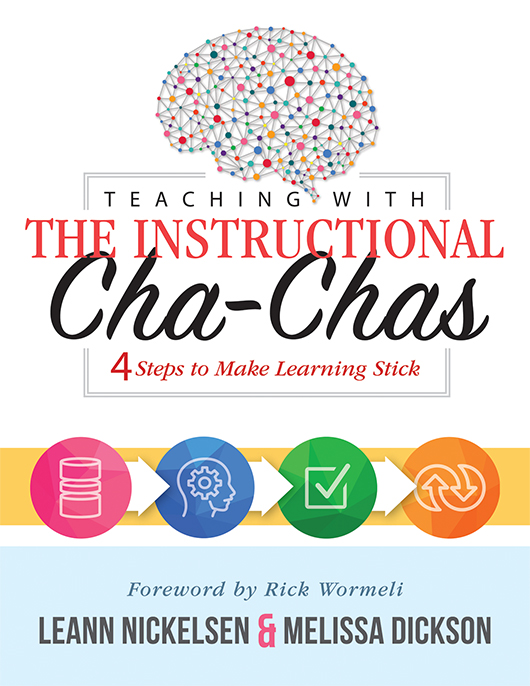
Recommended Resource
Differentiation and the Brain
Explore ways in which findings from educational neuroscience inform the big ideas and key practices of differentiation, and how applying those ideas helps teachers create brain-friendly classrooms. You’ll also gain instructional strategies and practices that support teachers in addressing the varied learning needs of their students.
- Learn which practices support the brain in learning—and which ones create roadblocks.
- Discover findings from education neuroscience and psychology that can help you plan more effectively.
- Understand why an invitational learning environment is key to student success, and how to work with your students to create one.
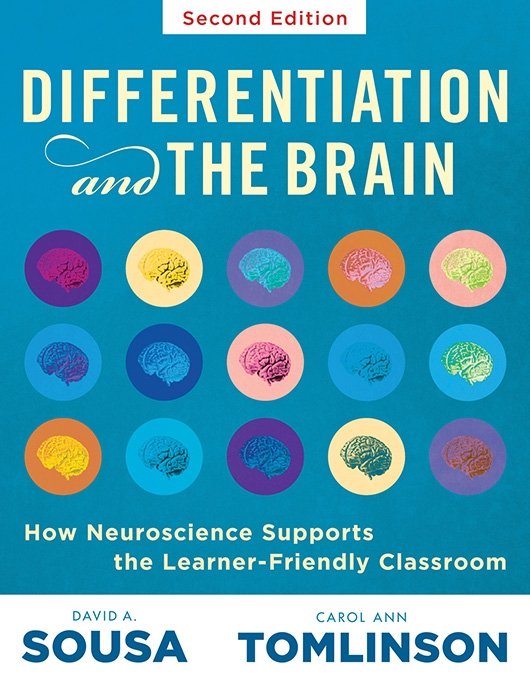
Recommended Resource
Engineering Creative Critical Thinking in Your Classroom
Bring the real world into your classroom and encourage creativity, collaboration, critical thinking, and innovation with activities and projects based on engineering design thinking. Model and develop strategies and approaches to connect your current curriculum to real-world challenges and to engage all learners in designing solutions.
- Explore the engineering design process (EDP) and unpack the key stages of problem definition, background research, brainstorming, prototyping, testing, and optimizing.
- Model activities designed to build agility, resilience, and lifelong learning skills in your students as they learn to think like engineers—learning from failure, evaluating multiple options, and exploring the positive and negative aspects of possible solutions.
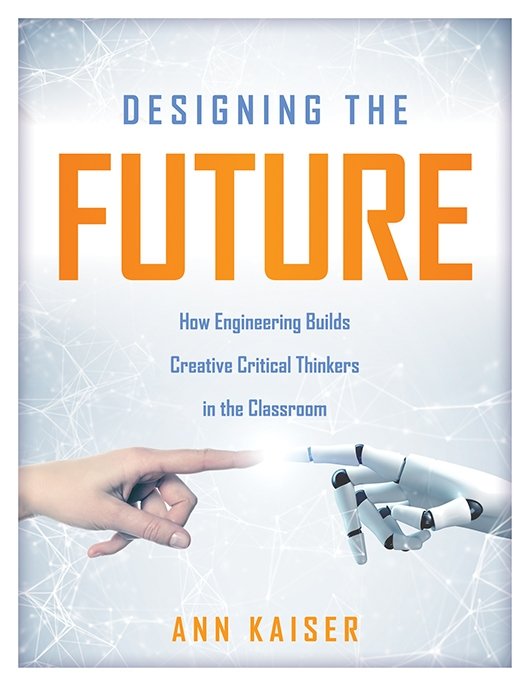
Recommended Resource
Strategies for Instructional Coaches
Instructional coaches play a crucial role in helping educators meet the ever-changing demands placed on teaching and learning. In this on-site professional learning engagement, coaches will discover seven drivers they can use to best support teachers in their daily work: (1) collaboration, (2) transparency, (3) inquiry, (4) discourse, (5) reverberation, (6) sincerity, and (7) influence.
- Gain strategies to strengthen relationships and improve outcomes with teachers and teacher teams.
- Access tools to help self-assess and adjust daily coaching practices.
- Understand the sociocultural psychology and education research that support the seven daily drivers.
- Learn approaches you can use to keep pace with the demands on today’s educators, coaches, and instructional leaders.
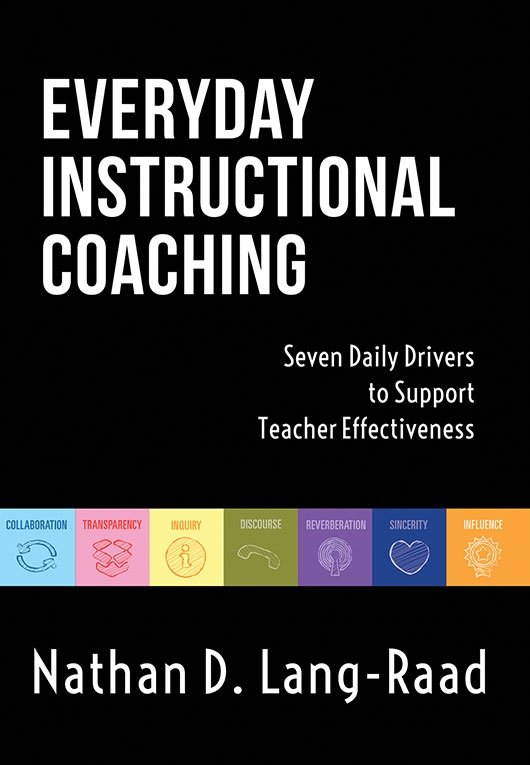
Recommended Resource
Personalizing Learning Through Voice and Choice
The term ”personalized learning” carries all kinds of connotations for all kinds of people. When considered from the perspective of the learner, this term becomes more accessible and even exciting for educators. Engage with practical, proven strategies, stories, and resources that empower individual educators, schools, and districts to authentically personalize learning.
- Receive inspiration that will help you change the culture of learning for students.
- Learn the roles of students, teachers, school site administrators, and district administrators in this culture change.
- Explore readiness tiers, indicators, and supports.
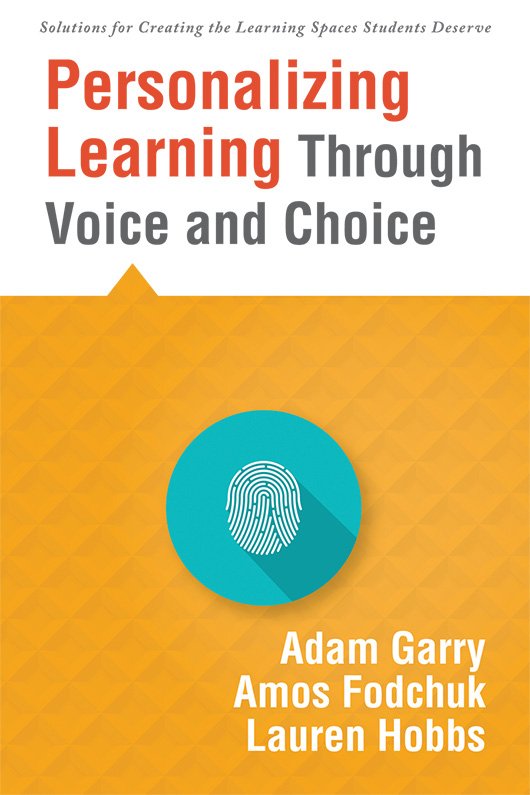
Recommended Resource
Making Learning Flow
Rethink student engagement and bring flow to the classroom to inspire students to love learning and reach optimal achievement. Using the key components of flow, generate a state of flow in the classroom every day to spark optimal student performance.
- Learn the fundamentals of flow.
- Reimagine student engagement to create conditions that foster a state of flow regularly.
- Motivate students to become naturally curious, creative critical thinkers.
- Make learning inherently fun—encouraging students to love learning.
- Gain effective strategies for improving motivation, instruction, pacing, and feedback in the classroom.
- Understand how intrinsic motivations can better inspire students’ learning than extrinsic rewards.
- Grasp how to effectively match students’ perceived skills with an equal level of challenge.
- Issue immediate and effective feedback to help students monitor their own learning progress.
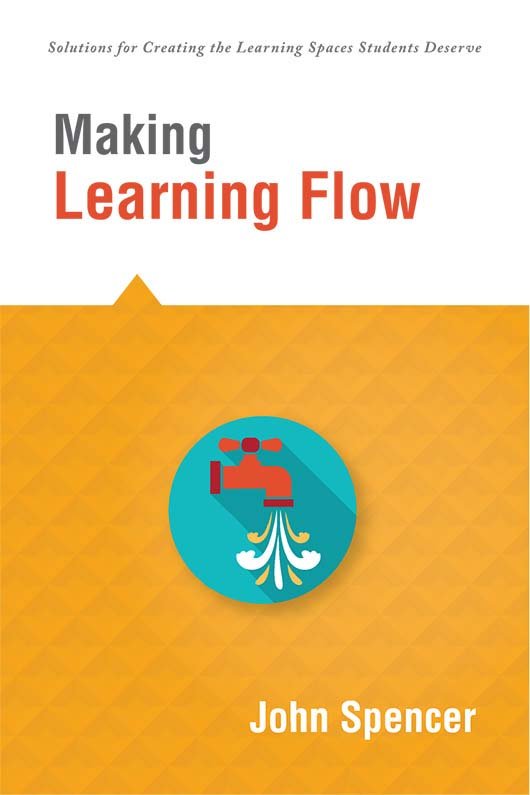
Recommended Resource
Sustainable Project-Based Learning Foundation
During this three-day workshop, participants will develop a completed individual sustainable project-based learning (SPBL) unit design infused with high-impact strategies, a clear assessment plan, and a way to measure the evidence of student learning through teacher action research.
- Discover a five-step process for planning and implementing a comprehensive SPBL framework.
- Learn how to integrate social-emotional learning, project-based learning, and teacher action research into SPBL.
- Acquire an array of protocols and strategies to enhance both classroom learning and teacher collaboration time.
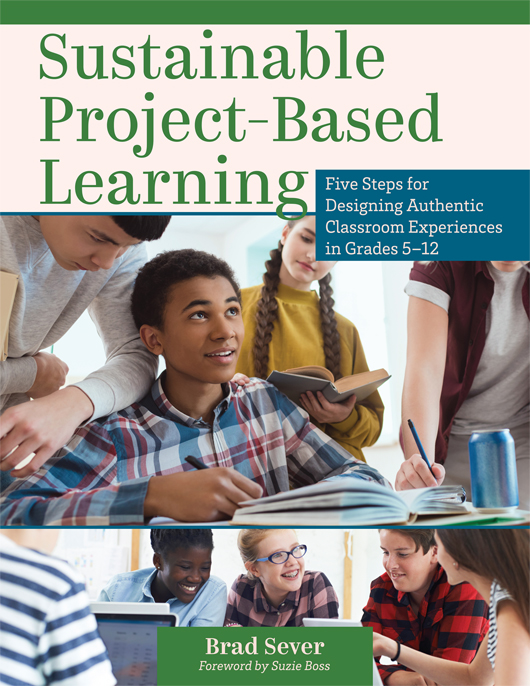
Recommended Resource
Embracing Relational Teaching: How Relationship-Focused Instruction Can Promote Student Self-Regulation and Efficacy
Put the student before the score, the process before the product, and relationships before evaluation. The Embracing Relational Teaching professional learning engagement explores and implements relational teaching practices to create a more inclusive and supportive learning environment. Training sessions provide an interactive experience that explores key topics such as building relationships, promoting student voice and agency, integrating social-emotional learning into instruction, and more. Participants will leave with practical tools, resources, and strategies to build strong, authentic relationships with their students that can positively impact their well-being and achievement.
Key takeaways:
- Participants will discuss the components of relational instruction, including student-initiated action stimulating student thinking, helping them make judgments about their learning, and learning how to give feedback.
- Participants will learn how to create lessons in which students can explore their thinking, discover the value of collaboration, and build self-trust.
- Learn about the challenges schools face when implementing relational pedagogy and grading practices.
- Create practices and policies that make relationships a core tenet of their school.
- Reflect on current initiatives and explore how relationships with students can change grading practices.
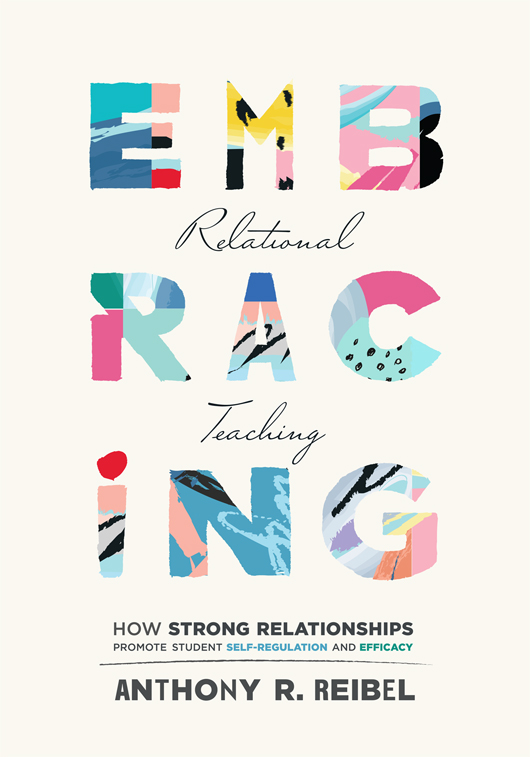
Recommended Resource
Multiplication Fact Fluency: A Schoolwide Solution
How can students achieve a deep understanding of multiplication that allows them to develop fluency with their basic facts that goes beyond recall to explain and justify their thinking? Experience the six strategies that make up the Fact Tactics™ Fluency Program, designed to shift from drill-and-kill instruction to an approach that helps students make sense of multiplication while developing automaticity and procedural fluency.
This workshop (offered as a full face-to-face day, as a half face-to-face day, or as 2–3 shorter, spaced-out virtual experiences) will help grades 3–6 teachers, coaches, and administrators:
- Examine structures for developing fact fluency grounded in multiplicative reasoning
- Make sense of the Six Fluency Tactics
- Explore the Fact Tactics Fluency Program as a schoolwide solution
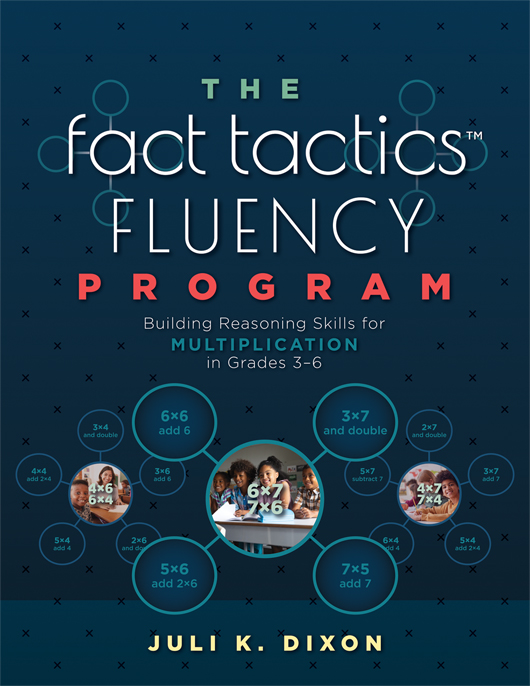
Recommended Resource
Essential Literacy Skills to Support Achievement in Every Content Area
Without the mastery of essential literary skills, students fall behind and struggle to reach their full potential in the classroom and their chosen career. In this multiday workshop, educators discover the tools they need to embed literacy into all subjects and support developing students as they learn to read, write, and think critically.
- Explore ways to prioritize essential skills in your classroom.
- Gain practical strategies to introduce literacy into daily lesson planning.
- Create a supportive classroom culture to sustain long-term skill-centered instruction.
- Scaffold instruction using literacy strategies to boost subject-area comprehension.
- Equip students with the tools they need to thrive.
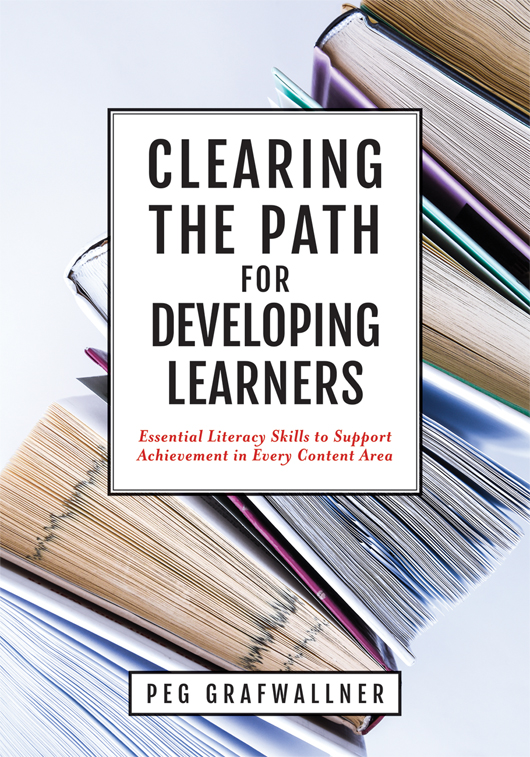
Recommended Resource
Foster Student Learning with Productive Struggle
The ability to overcome learning challenges, struggles, and setbacks is a skill that empowers students throughout their lives. In this multiday workshop, educators explore the why and how of creating resilient learners through the power of “not yet.” Discover how to cultivate a classroom where productive struggle is encouraged, obstacles are valued, and students deeply value themselves as learners.
- Design classrooms and routines that normalize productive struggle as part of the learning process
- Write and apply rigorous learning intentions and scaffolded success criteria that are student friendly
- Gain strategies and protocols that support instruction, reflection, and the not-yet approach
- Empower students to see themselves as capable learners and risk-takers
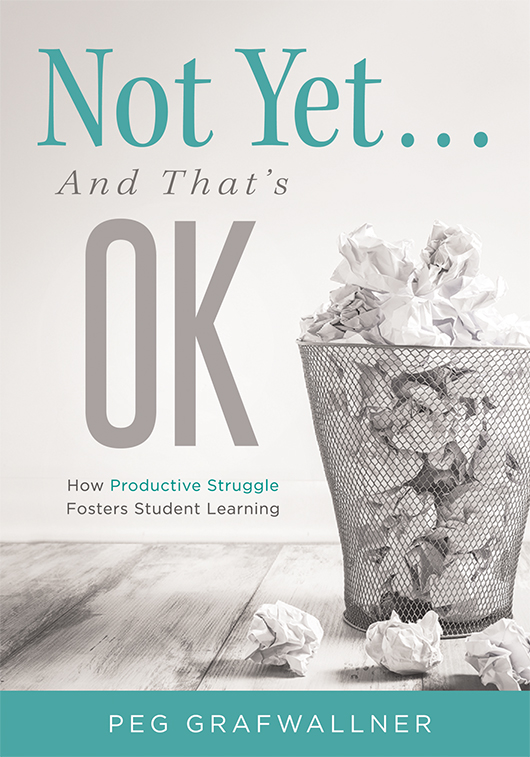
Recommended Resource
Deconstructing Depth of Knowledge (DOK)
Learn how Depth of Knowledge clarifies what exactly students must learn and how deeply students must understand and use their learning to demonstrate proficiency, develop competency, or perform successfully.
- Understand how Depth of Knowledge provides a common language for clarifying the complexity and demand of academic standards, curricular activities, assessment items, and AI resources.
- Use the DOK levels as a multitiered system of supports (MTSS) for delivering instruction, responding to intervention (RTI), addressing and assessing learning loss, and extending or enriching student learning.
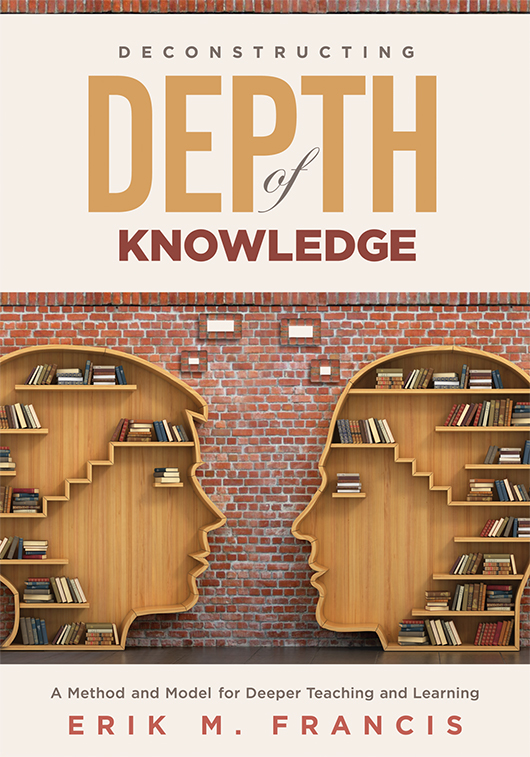
Recommended Resource
The 15-Day Challenge Workshop
Get a 15-day roadmap for success using the PLC at Work™ process through enhanced collaboration, easy-to-use planning guides, and ready-to-use templates.
- Establish a guaranteed and viable curriculum based on state standards
- Explore common assessment practices and easy analysis tools
- Plan next steps for continuous learning
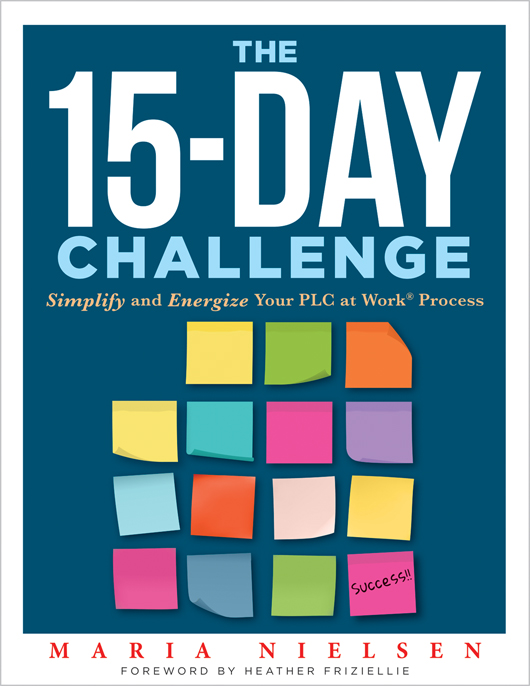
Recommended Resource
Your Goal
Sustaining Your Skills
Multi‑Day Services
Embedded Coaching
Ensure best-practice instruction is adopted throughout your school or district with job-embedded coaching. Our expert coaches will provide professional development tailored to the needs of each staff member, with a custom mix of classroom observations, lesson-planning support, targeted feedback, and more.
Customized Services
Give your team personalized support and guidance focused on instructional best practices. Together, we’ll develop a customized learning plan featuring on-site professional development and virtual training opportunities specifically designed to help your staff provide quality instruction that leads to quality learning.
Global PD Teams
Access hundreds of instructional videos and resources, including the New Art and Science of Teaching video playlist, that reveal specific, proven actions you can take to ensure all students achieve academic success. Choose Global PD Teams when you need:
- Daily, convenient access to real-time school improvement models and strategies
- Job-embedded professional development
- Resources to build collective teacher efficacy
- Clear learning paths toward student achievement and school improvement
- Quality content from authors you know and trust




